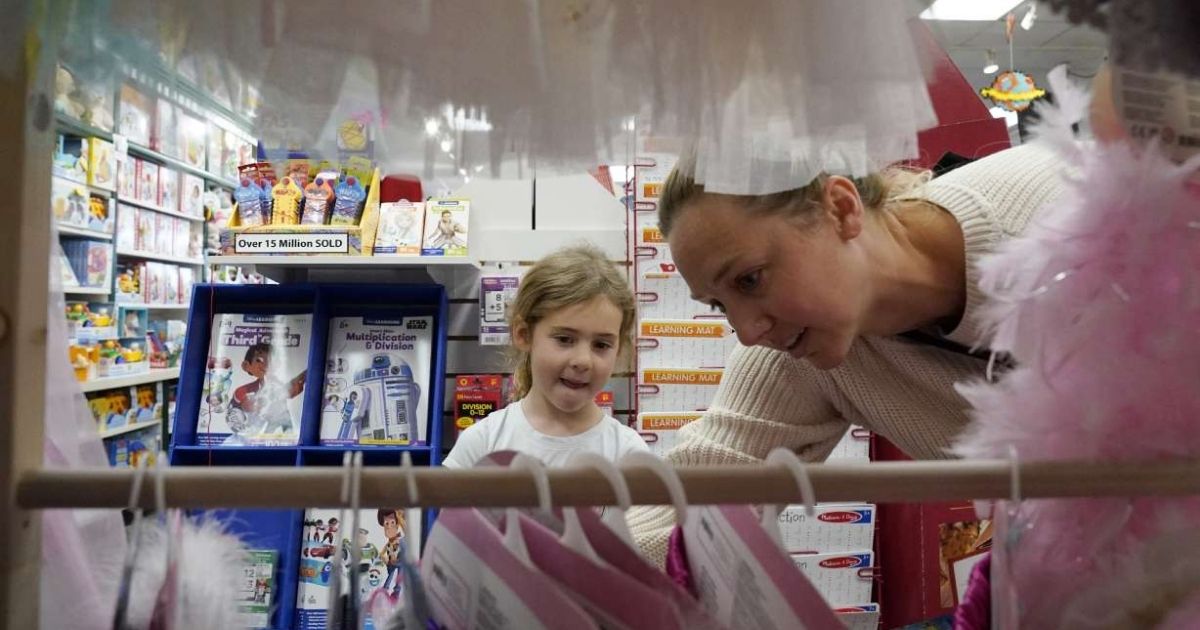Toys companies are beginning to focus on mental, emotional, and social health (MESH) as an essential aspect of children’s development. This approach aims to teach kids skills like adapting to new challenges, resolving conflicts, advocating for themselves, and problem-solving.
The MESH designation for toys became more significant after the pandemic, as children emerged from lockdowns with mental health challenges.
Rachele Harmuth, head of ThinkFun, a division of toy company Ravensburger, and resilience expert and family physician Deborah Gilboa formed a MESH task force to encourage manufacturers to design toys that promote emotional resilience and to have retailers market them accordingly.
Certifying MESH toys is the next step in this initiative, with a goal to establish MESH in a manner similar to how the Toy Association certified STEAM toys, which emphasize science, technology, engineering, arts, and math.
Many toys that could be considered MESH are already in children’s toy chests, such as memory games, puppets, certain types of Legos, Pokémon trading games, and Dungeons & Dragons. The toy industry’s annual show in New York recently featured an array of toys promoting MESH, with many more set to launch in the coming year.
However, some are concerned that the MESH approach might promise more than it can deliver or be exploited by companies taking advantage of parents’ concerns about their children’s mental health. The Toy Association plans to continue monitoring the evolution of MESH in the industry.
Innovative Move By Toys Companies
This shift in the toy industry acknowledges the importance of addressing children’s emotional well-being and building resilience, particularly in a post-pandemic world where mental health issues among children have become more prominent.
Educational toys that encourage social and emotional development are gaining traction, emphasizing the role toys play in supporting children’s overall growth and well-being.
Childhood depression and anxiety have been on the rise for years, and the unrelenting stress and grief brought by the pandemic have exacerbated these issues, especially for those already dealing with mental health challenges. Many students were cut off from vital counseling and school resources during remote learning.
In response, educators have started focusing on social-emotional learning to help children develop essential soft skills like emotional management and building positive relationships with others.
Dave Anderson, Vice President of School and Community Programs and a Senior Psychologist at the Child Mind Institute’s ADHD and Behavior Disorders Center, commended the toy industry’s efforts to address emotional resilience.
However, he cautioned parents to be discerning about the claims companies might make. While there’s evidence that the skills highlighted by the MESH task force can enhance resilience, there’s no evidence that the toys themselves are the sole solution.
“The concepts are evidence-based; the toys themselves are not,” he explained.
Byrne pointed out that the skills emphasized by the MESH task force are fundamental to play, whether it’s skateboarding, which fosters perseverance, or sharing toys, which teaches conflict resolution.

